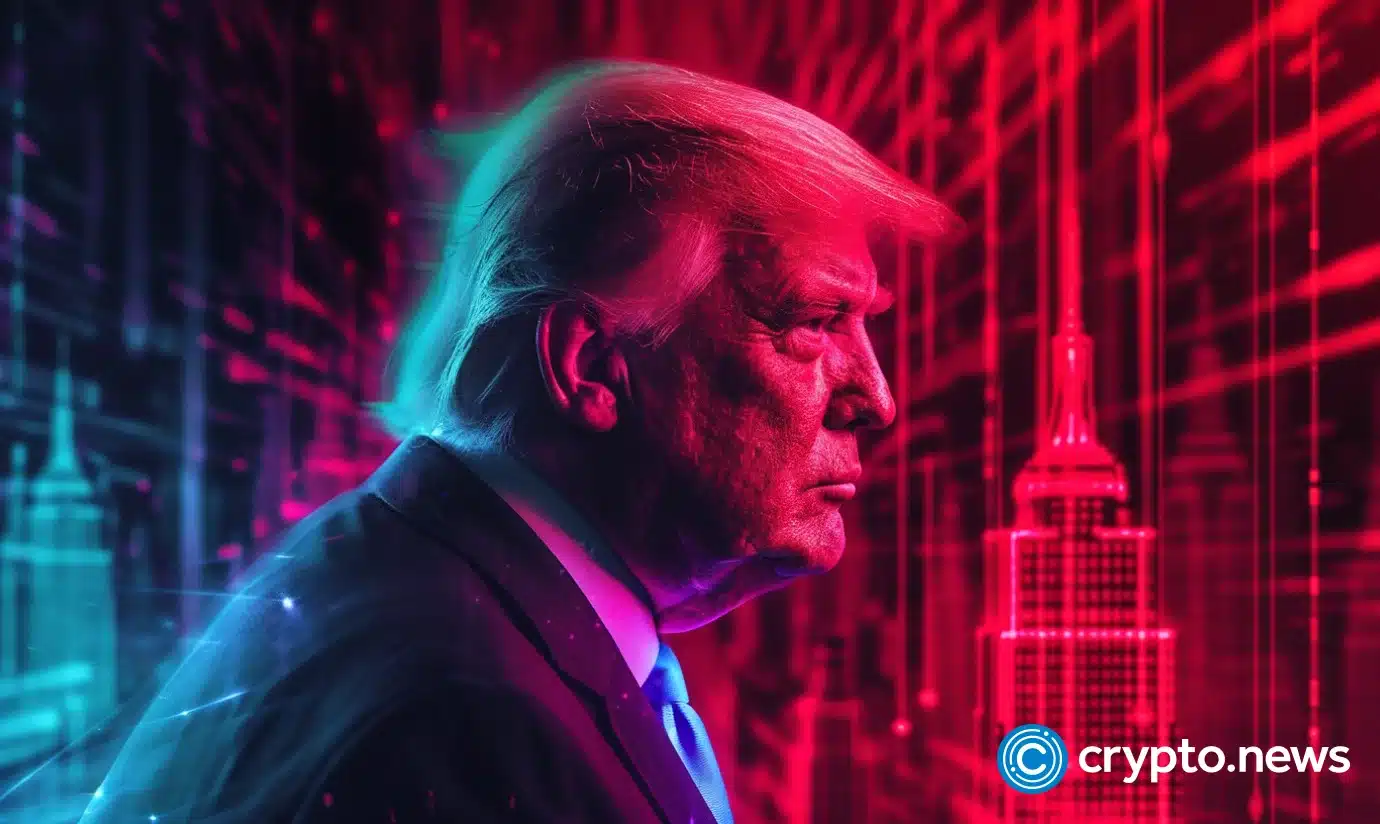FDIC chair to resign as Trump-win thaws crypto scrutiny

Government actions tied to a sweeping anti-crypto operation are rapidly unraveling weeks before Republican President Donald Trump takes office.
Martin Gruenberg, chair of the U.S. Federal Deposit Insurance Corporation, announced plans to step down from his position on Jan. 19, 2025, a day before Trump’s inauguration on Jan. 20.
Gruenberg thanked agency staff for supporting his career as the longest-serving FDIC board member. He joined the regulator in 2005, rising to the chair position under former Presidents Barack Obama and Joe Biden.
As FDIC chair, Gruenberg was reportedly instrumental in a multi-agency blockchain crackdown dubbed Operation Choke Point 2.0
People with knowledge of the matter, like Nic Carter, publicly said that OCP 2.0 threatened to block crypto businesses from using traditional banking services. Industry titans like Coinbase sued the FDIC over these allegations, and the case was ongoing as of Nov. 19.
Digital asset supporters and blockchain-friendly legislators welcomed Gruenberg’s upcoming resignation. “This is overdue but welcome news,” tweeted U.S. Representative Patrick McHenry.
Out with the old, in with the new
Gruenberg’s resignation marks another apparent victory for the digital asset industry following Trump’s election. Several crypto-skeptic regulators have announced their departures or hinted at stepping down.
Securities and Exchange Commission chair Gary Gensler is rumored to be considering resignation before Trump’s swearing-in. Additionally, U.S. Attorney Damian Williams, who heads the Southern District of New York prosecutor’s office, plans to leave his post.
Both officials were key figures in aggressive enforcement actions against blockchain companies and crypto startups. Former SEC chair Jay Clayton is reportedly being considered as a replacement for Williams at the SDNY office. However, Trump’s choice for the next SEC chair remains unclear.
Details on Gruenberg’s successor at the FDIC were limited following his announcement. However, FDIC Vice Chair Travil Hill could be a more crypto-friendly option. In March, Hill pushed for easing banking restrictions on digital assets and urged the FDIC to adopt a neutral stance toward blockchain technology.
















